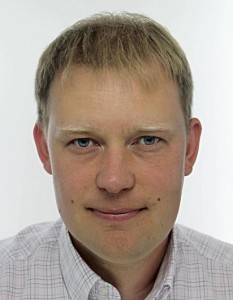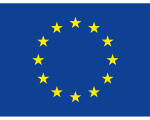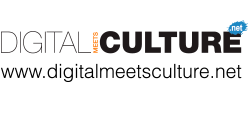 Silver Tammik has been working for the Estonian Ministry of Economic Affairs for more than 12 years. He has been responsible for the strategic and budgetary planning processes and has also been actively involved in the development of national strategies in several areas. He has acted as a counsellor for telecommunications and information society for the Estonian delegation to the EU in Brussels for almost 9 years. During this period he has been actively involved in the issues related to the DSM policy and its implementation.
Silver Tammik has been working for the Estonian Ministry of Economic Affairs for more than 12 years. He has been responsible for the strategic and budgetary planning processes and has also been actively involved in the development of national strategies in several areas. He has acted as a counsellor for telecommunications and information society for the Estonian delegation to the EU in Brussels for almost 9 years. During this period he has been actively involved in the issues related to the DSM policy and its implementation.
Currently, Silver is coordinating the preparations for the EU Presidency in 2018.
The Digital Single Market Strategy
- DSM as a concept is a relatively new idea, but not fresh. In 2010 there was a need to give new boost to the economic and social development in Europe and Barroso II commission was looking for new ideas. Combining internal market with digital seemed obvious and DSM became an integral part of one of the flagship initiatives at that time – called Digital Agenda for Europe (DAE). DSM seemed to be a vision that translated into the list of regulatory actions. Whilst the EU has been quite successful bridging some of the regulatory gaps according to this plan, the answer to the question of “achieving DSM” is still relatively vague and instead we see new challenges which widen the scope of the discussion considerably (e.g. the rise of internet platforms and sharing economy and the pressure on traditional industries).
- The strengths of the new DSM strategy is its focus on the burning issues of DSM that do not correspond to the expectations, mainly of the consumers. The barriers in the market still exists, while some have disappeared the others seem to be more visible than before. DSM sets the aim to get rid of the visible barriers preventing cross-border transactions– be it unjustified geo-blocking, copyright rules or problems arising of different VAT rules. Commission is currently running several public consultations which should give advice on the path taken – whether we should regulate more, deregulate or reregulate. However, regulating something in the EU seems to be a slow and painful process which sometimes fails to deliver the results. It may be better to seek for market driven, self-regulatory, cooperative, real win-win solutions. E.g. Uber and Estonian Tax Authorities are jointly working on an electronic solution with an outlook of solving the problems related to collecting taxes – without the need to the additional regulation. Also, the activities of E Space can be regarded as an alternative to the regulation – it tries to address limitations whilst maintaining the legal framework necessary to protect the rights of the owners of digital content.
- One of the key principles of the early discussions over DSM was the aim of free movement of knowledge and information (i.e. free movement of data next to the goods, services, capital and people). Almost all information society related proposals from the Commission seem to serve this purpose nowadays – be it development of networks (faster data transmission), abolishment of roaming charges (cheaper mobile data transmission), enhancing network security (secure and trustworthy data transmission), rules on network neutrality (non-discrimination on of data at network level), PSI directive (availability of public sector data) etc. Also, the market pressure is clearly working for the availability of data and for the creation of cultural content. Where one sees an obstacle created by market fragmentation, the other sees a business opportunity. Businesses tend to move faster and are putting traditional practices and regulations under pressure. By being creative in their business models they have opened new ways for cultural creativity. We may be disturbed by the fact that the market players in this domain are often non-European, but we shouldn’t be overreacting by putting the openness of the European market at stake. It would be swimming against the tide, what we actually need is to improve our swimming skills to ensure that everybody, also the cultural sector, wins from the change that is already taking place.
































